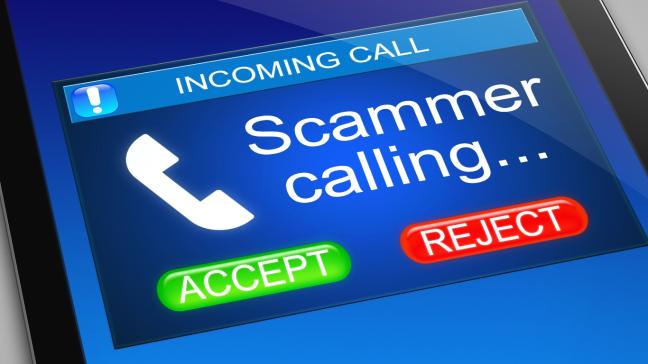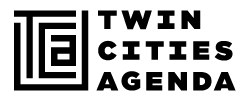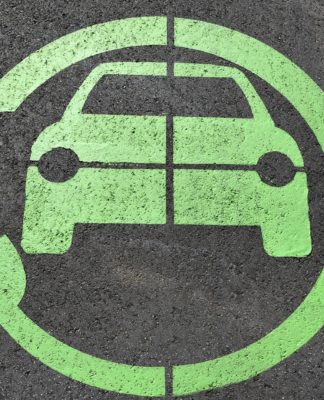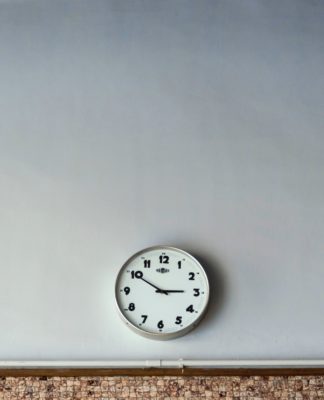
In today’s wild and wacky world, it’s important to be wary of companies and organizations contacting you via phone. And it’s more than just telemarketers: It appears as though many Minnesotans, and the Minnesota Department of Health (MDH) were the victim of a “spoofing” attack on May 9th.
Spoofing is a practice used to falsify the telephone number or name on caller IDs to disguise the identity of the real caller. It is a “wolf in sheep’s clothing” tactic scammers use to get personal information, etc. from those who answer.
The reports received by MDH are of callers posing as MDH employees and requesting personal and business information, including credit card numbers. These calls have been designed to appear to come from MDH’s main phone number (651-201-5700). These calls are not being made by MDH, and MDH urges recipients of suspicious calls to not give out any personal or financial information. With the increased use of technology that allows people to make calls using the internet, spoofing has become increasingly common.

The state’s chief information security officer, Aaron Call, has this to say about the spoofing of the MDH phone number, “This is a type of attack, among many methods, that we are seeing with increasing frequency and sophistication in Minnesota, and we have been working to raise this issue at the Legislature this session. This example is demonstrative of the tactics used every day by those intent on stealing our personal information or disrupting the important services on which so many Minnesotans rely.”
And this spoofing attack is not to be confused with the automated message that MDH did send. The automated message was sent to restaurants and other licensed food establishments this week regarding a food-borne illness outbreak involving romaine lettuce, but that message did not ask for personal or financial information apparently requested in the spoofing calls.
If you get a call that seems suspicious, don’t give out personal information in response to an incoming call. Identity thieves will pose as representatives of banks, credit card companies or government organizations to get people to reveal their personal financial information. The best response is to hang up and call the number on the agency’s website to find out if the person or organization that supposedly called you actually needs the information.
Minnesotans can protect themselves by keeping the following in mind:
- Legitimate public health calls do not ask for social security numbers, bank account or credit card numbers.
- Legitimate callers should be able to provide specific, verifiable contact information, such as that of their supervisor or work unit.
- If you have been the victim of identity theft, contact your local police department.
Read next: Things to avoid when traveling: BBG Communications
















